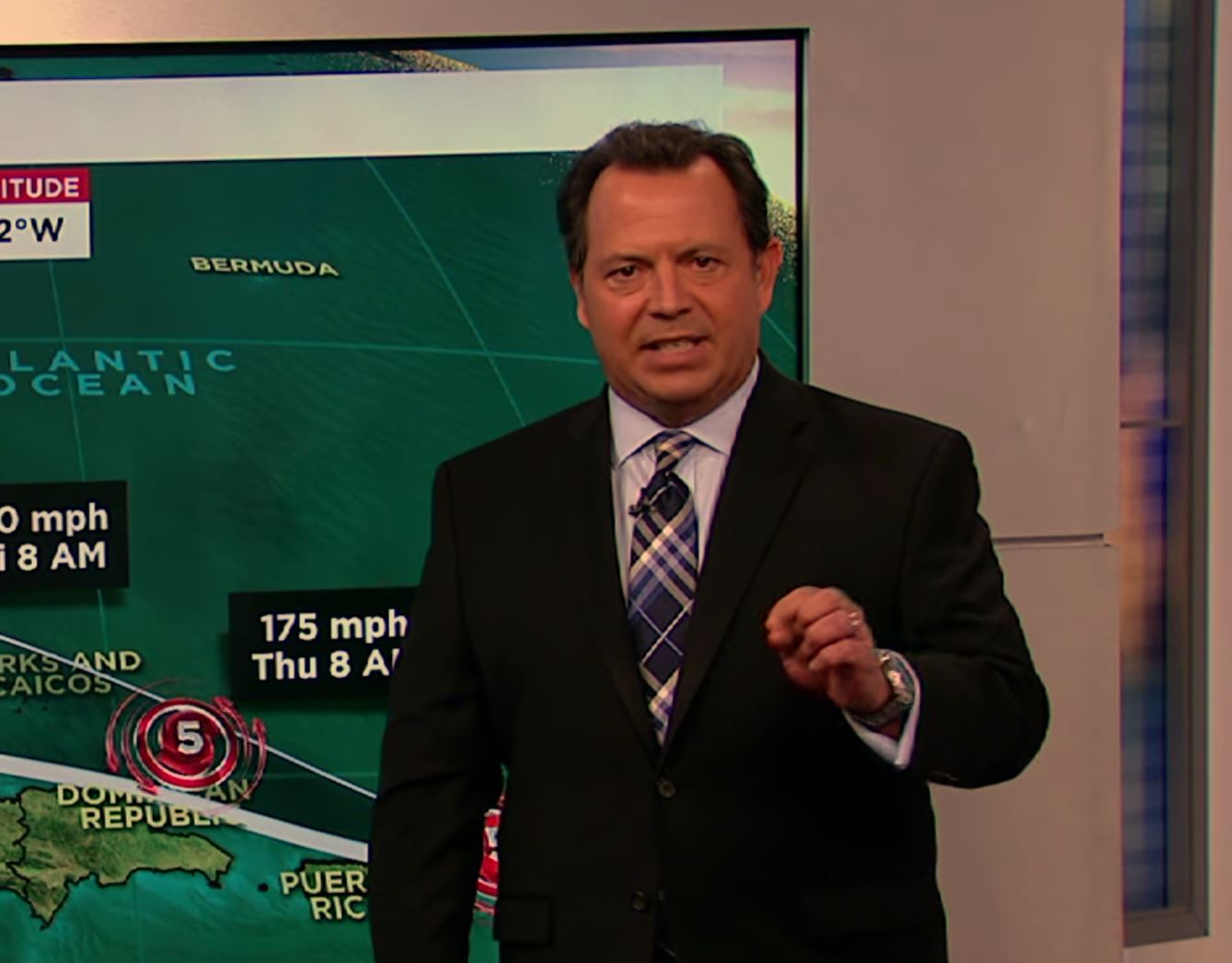CNN meteorologist Chad Myers published an article titled, “I am a CNN meteorologist. I used to be a climate crisis skeptic.” In the article, he writes, “One big number ultimately changed my mind.” Readers then have to watch a roughly one-minute embedded video to alleviate their suspense and find out the number that changed Myers from a skeptic to an alarmist.
So, what was Myers’ mind-changing number? Wait for it… wait for it….
The number was 400. Why? Myers states, “Then in 2013 CO2 concentrations in the atmosphere passed 400 parts per million. That’s when I knew the oceans and plants couldn’t keep up the demand we were placing on it.”
Wait a second. When atmospheric carbon dioxide levels reached 400 parts per million, this caught Chad Myers by surprise? Really? For several decades, the trace amounts of carbon dioxide in the atmosphere had been slowly creeping up from 3 parts per 10,000 (300 parts per million) toward 4 parts per 10,000. This slow, modest increase was occurring at an almost perfectly steady pace. Accordingly, back in the 1980s, a third grader could have predicted carbon dioxide levels would reach 400 parts per million around 2013.
And yet 400 parts per million caught Myers by surprise, totally blew his mind, and caused him to immediately change from being a skeptic to an alarmist?
This leaves us with two possible explanations. Either (1) Myers is one of the most scientifically ignorant meteorologists in the world or (2) he is deliberately misrepresenting his prior beliefs so he can attempt to score cheap propaganda points by claiming he once was a skeptic, too. Or perhaps both (1) and (2) are true.
We are leaning toward both (1) and (2) being true.
Myers explains his prior “skepticism” as: “I was convinced the Earth would reach a greenhouse gas equilibrium, where the ocean and plant life would absorb the excess CO2 that humans produce. This would acidify the ocean, kill the coral reefs, and destroy the ocean food chain, but leave the climate intact.”
What a doorknob. How could anybody believe human carbon dioxide emissions would “destroy the ocean food chain,” among other things, and simultaneously be a “climate crisis skeptic”? Destroying the ocean food chain would be a crisis. Fortunately, the ocean food chain is reacting to more atmospheric carbon dioxide the same way the terrestrial food chain does. Atmospheric carbon dioxide is plant food. Horticulturists pump it into greenhouses to increase plant growth and plant production. Similarly, phytoplankton, which are the building blocks of the ocean food chain, thrive on more carbon dioxide.
Myers came under pressure when Bill Nye and others said that CNN had a “climate denier meteorologist.” Did he cave?
Myers’ assertion that, as a “skeptic,” he believed atmospheric carbon dioxide levels rising from 3 parts per 10,000 to 4 parts per 10,000 would destroy the ocean food chain lacks credibility. It is either a cheap propaganda trick or indicative of scientific ignorance.
Or, most likely, both.
